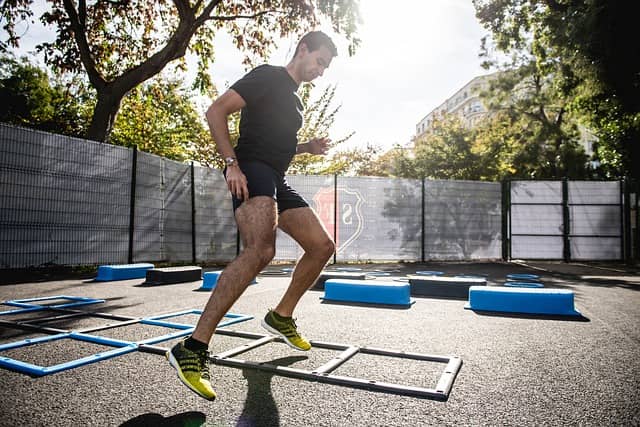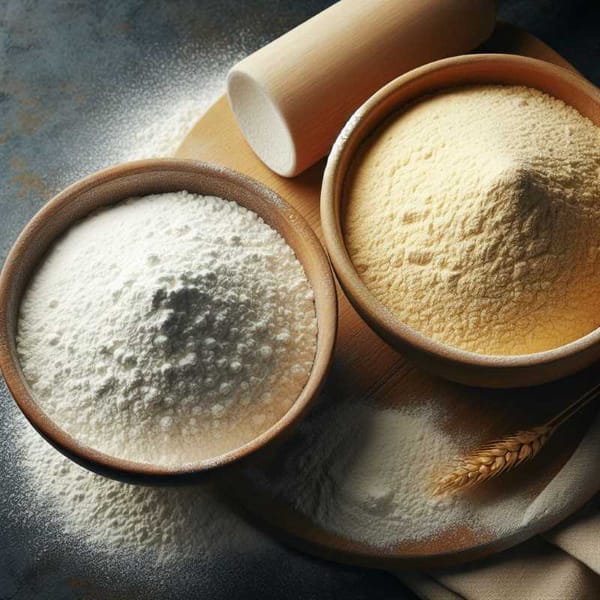Healthy habits: If we already know, why don't we do it?
Understanding healthy habits: the number of positive behaviors we have adopted in our daily lives that affect our well-being.

Because one lives in a desert-like area, it is essential to have healthy habits such as consuming water, being active, taking care of food quantity and quality, watching one's weight, reducing stress, getting enough sleep, and avoiding excesses.
The World Health Organization (WHO) defines health as a complete state of physical, mental, and social well-being and not merely the absence of disease or infirmity. To achieve this state of health it is often stated that it is very important to adopt healthy habits, "understanding as healthy habits all those behaviors that we have assumed as our own in our daily life and that have a positive impact on our physical, mental and social well-being".
Adopting a healthy lifestyle throughout the entire life cycle not only allows us to preserve our lives and stay healthy but also helps to alleviate disability and pain in old age, as well as environments adapted to the needs of people with different abilities and/or older adults, prevention, early detection and treatment of diseases that improve well-being. Some of the behaviors that contribute to a pattern of healthy habits are described below:
Firstly, maintain a good state of hydration (not to be confused with drinking a lot of water), drinking the right amount for the physical activity pattern and environmental conditions. A very simple way to know if we are well hydrated is the color of our urine (it should be a very light straw yellow if the tone is dark it is an indication of lack of water). The rule of 8 glasses of water is only a reference.
Maintaining a good physical activity (exercising regularly) does not necessarily mean going to a gym or going for a jog in the morning. According to our work pattern, we can certainly use the stairs instead of the elevator, park the car far away from where we are going (very important especially when picking up the children from school), take the documents to the partner instead of waiting for them to pass by, etc.
All of these behaviors, in addition to maintaining an acceptable level of physical activity, allow for greater human interaction and more harmonious social development. However, if it is possible to schedule walks or some age-appropriate sports activity, it will always be an additional benefit.
Another important point is to have a healthy diet in a very simple way remembering that saying: "Eat like a king, eat like a prince and eat like a beggar" in allusion to the amount of food that should be consumed, that is; in the mornings to break the fast of the night rest and in order to activate the organism and provide it with enough energy (mainly in children) to make a good breakfast. At mid-morning a small snack and then the meal (if possible with time and without hurry, chewing the food perfectly in order to facilitate its digestion and allow to activate the biological mechanisms of satiety). In the afternoon a light snack and about two hours before bedtime also light dinner. Abundant eating should be avoided.
Another aspect to consider in the diet is the sufficient intake of fiber, contained in beans, corn, whole grains, and fruits. As well as limiting the consumption of fat and salt and varying the consumption of red and white meats as much as possible (they should be consumed in moderation), it is also very important to reduce the consumption of sugar.
Another good habit is to maintain a healthy weight since it is the main modifiable factor that negatively impacts the development of cardiovascular diseases, diabetes, and others. Taking care of the weight regularly but avoiding "magic" diets contributes to maintain health and avoid a great number of diseases. It is particularly worrying to know that this generation of children will be the first generation that is at risk of living less than their parents due to child overweight and obesity.
Reducing stress, the so-called "disease of the century" is another important point. We are all exposed to stressful situations on a daily basis, in big cities we see it to some extent normal. However, this does not mean that it does not affect mental health, emotional health, and even physical health. To control it, it always helps to have positive thoughts, use chewing gum, sing, help someone, take care of a pet, work in an environment as pleasant as possible, etc.
Getting at least 7 hours of sleep a day is also a healthy habit. Let's remember that our body is a complex machinery of cells that use energy and wear out with use and abuse. We need to allow our muscles to rest, our control center and central computer (the brain) to shut down and rest, our "cooling" system to relax our breathing, and our "defense troops" the immune system to regroup to allow us to survive in an environment full of potentially harmful agents.
Finally, the emphasis is placed on the importance of eliminating negative habits, excessive alcohol consumption, caffeine, and avoiding smoking in order to maintain a toxic-free system. It is important to remember that all human beings have different physiognomies. Let's not get carried away by models or patterns of beauty or consumption. It is not necessary to consume this or that light product, go to this or that gym or follow this or that miracle diet. Nor should we adopt fashions for consuming unusual products (these are generally more expensive and can often be replaced by some food from the country or region).
A diet that is restrictive, monotonous, or outside the cultural pattern will end up being counterproductive. As a good habit, it is recommended to consume mainly the products of the region (because they are more culturally accepted) taking care of their value as energy contributors, which changes by sex and age, but which is estimated at around 2000 kcal per day, but to know their energy requirement it is necessary to consult a specialist.
Written by CIAD Press Office and Collaborators, Dr. Humberto Astiazarán García




